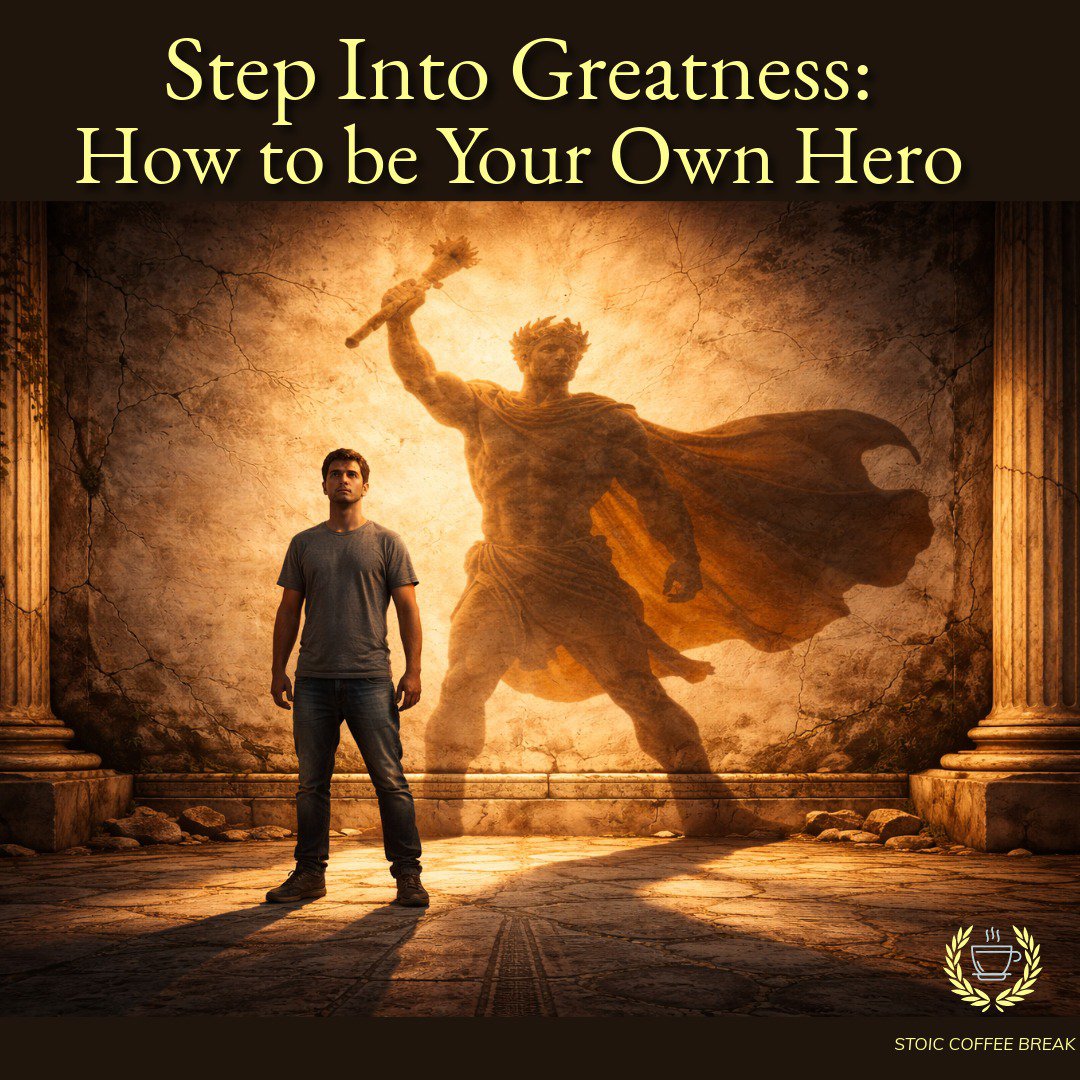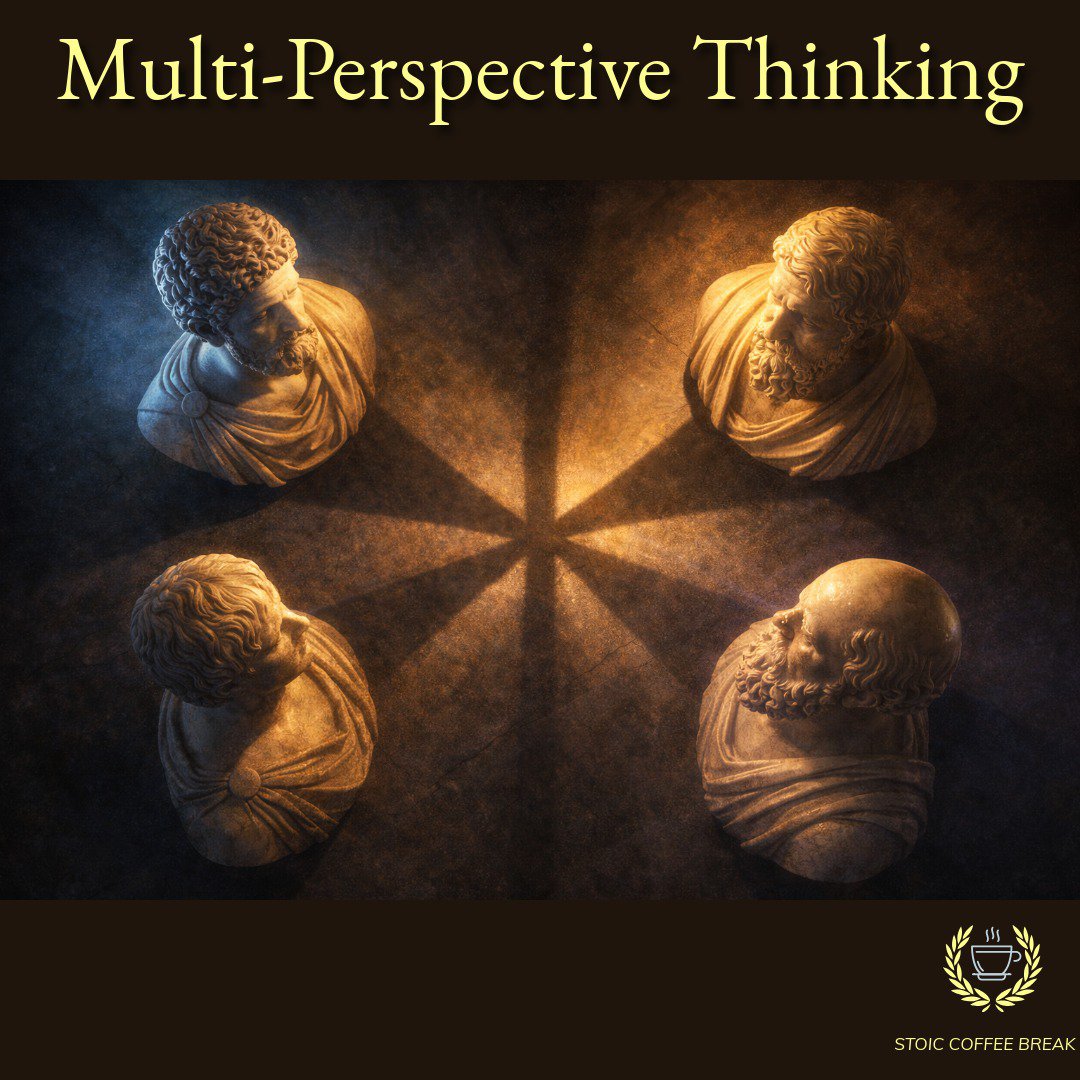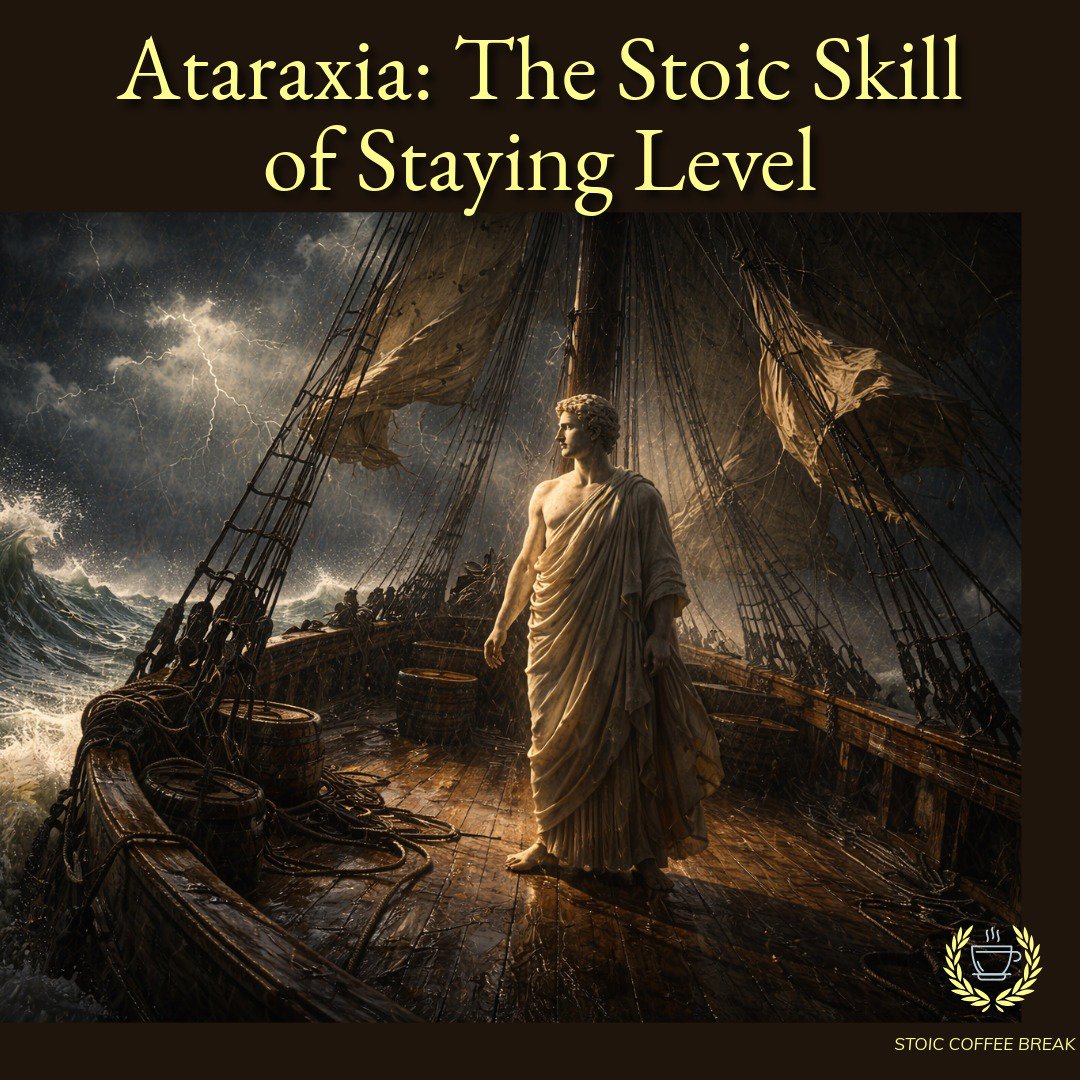
Like what you hear? Become a patron!

“Now is the time to get serious about living your ideals. How long can you afford to put off who you really want to be? Your nobler self cannot wait any longer. Put your principles into practice–now. Stop the excuses and the procrastination. This is your life! […] Decide to be extraordinary and do what you need to do–now.”
— Epictetus
We all have events and challenges that happen in our lives. That what life is all about. When the stoics use the term Amor Fati, what they mean is to love your fate, to love and accept what life sends your way. How you feel about the events that happen to you in your life will not change if they are going to happen or not. They will happen. What thoughts you have around these events, how you feel about them, and how you respond to them are the only things that you have control over.
If this is the case, why do we make excuses? Why do we come up with rationalizations about these how we do or don’t, especially when the rationalizations just make us feel worse about the actions we want to take anyway?
In the 1983 film The Big Chill, Jeff Goldblum and Tom Berenger have this great exchange:
Michael : I don’t know anyone who could get through the day without two or three juicy rationalizations. They’re more important than sex.
Sam Weber : Ah, come on. Nothing’s more important than sex.
Michael : Oh yeah? Ever gone a week without a rationalization?
— Jeff Goldblum & Tom Berenger, The Big Chill
Why We Make Excuses
Part of the reason why we rationalize is evolutionary. On its surface, when we make excuses, part of it is that our brain might honestly be trying to figure something out. It might be trying to find reasons to do or not do what we want. If it is after the fact, we might be trying to understand why we did what we did. So what is the difference between a cause and an excuse?
A cause is a fact that can be proven.
An excuse is an explanation designed to avoid or alleviate guilt or negative outcome, perception, or judgement.
So what would be an example of a cause? The cause of why I cannot slam a basketball is because I cannot jump high enough to reach a basketball rim. My physique is such that I do not have the height or muscle to get even close to the rim. It has nothing to do with my desire to or how much I “want” it. It has to do with physics.
A rationalization on the other hand might be blaming a bad mood on getting bad sleep or that traffic was bad on the way to work. We use rationalizations to justify our own behavior and avoid taking full responsibility for our choices and actions.
The reason why this came up is because I mentioned to my partner about how I was feeling like I was not able to get myself organized because was in survival mode because of my incessant insomnia. I explained that I wanted to get more organized, but I was always so tired. I also talked about how working on mindfulness was too challenging because I was so tired all the time, and that I felt I needed to get my health back online so that I could focus on those things. She said those were just excuses, and that I was always going to be tired or have something that could be used to rationalize to myself or others why I did, or in this case did not, do something.
She was right.
This does not mean that I should forgo working on my health. Being healthy certainly helps with focus and the ability to think more clearly, but that I recognize I can find a way to get organized even when these things are happening. It might be more challenging, and I may not be able to do it how I want to, but that I can get it done. Simply put, you’re rarely going to have ideal conditions to accomplish your goals or develop your skill. Life happens, and if you wait around for things to be just perfect, you’ll never accomplish anything.
Personal Rationalizations
How often do we make excuses of why we do/don’t do the things we “should” do, such as cleaning the dishes, organizing our desk, or eating healthier food? We consider our actions wrong in this case because we have somehow decided that our actions are wrong. We have decided that eating that piece of carrot cake is wrong. Not doing the dishes right away is wrong. Having a disorganized desk is wrong. We make up excuses because we think we should do something and we don’t want to do it.
I think that if we aren’t honest with ourselves about why we do things, then it’s harder to be honest with others about things. If we practice giving ourselves excuses all the time, why would we suddenly be able to be more honest with others?
External Rationalizations
Why do we make excuses and and rationalize our behavior to other people?
When we choose something and it doesn’t work, we look for reasons outside of ourselves because of our ego. We don’t like to be wrong.
This begs the question: why are we so afraid to be wrong? What is it about being wrong that makes us avoid it so strongly? That we will double down in an argument, to prove our point to our detriment, ignoring facts and even logic, just to not be wrong?
From an evolutionary standpoint, it does make sense. In ancient times, if you made a wrong decision and you died, then the rest of your tribe could die because you were not able to bring back food. Our brains are wired for that kind of survival, where if you were wrong it could have ended your life and the lives of your family. By upsetting the wrong person, or choosing the wrong plants to eat, or not having the right weapons when you were hunting. Any number of scenarios that we rarely, if ever, need to face in our lives, but our brains are still wired for a different set of dangers. Luckily for us, our brains are also quite malleable, and we can learn how to recalibrate our responses to recognize what is truly dangerous and what is imagined.
We’re also afraid of the opinions or reactions of others. We’re afraid of being shamed or humiliated. This can have some pretty big consequences. For example, if we are wrong about something in our career and have to own up to it, it might mean that we lose credibility in the eyes of our colleagues. We may not get the promotion we were working towards. We might get fired.
Politicians and leaders are often afraid to admit they were wrong about something because people might no longer support or follow them. They try to spin things in such a way that the fault is on some other circumstance or some other person, or group of people, all in an effort to try and preserve their reputation.
We also make up excuses to avoid conflict. Growing up, I was afraid that if I was wrong, I would get beaten by my dad. If I had a good enough excuse that could mollify him, then there was a good chance that I would be safe. Basically, I learned to be deceptive to be safe. I did it with the church as well, because if I did something that the church didn’t like, I could be shunned by my community. I could anger my father if I was kicked out of the church. I might not be able to get jobs in Utah if was not longer a member.
We aren’t necessarily afraid of being wrong, but we are afraid of the consequences of being wrong.
What Can We Do?
The more we can be honest with ourselves about what we really want to do, the better off we’ll be. The more we can be okay with the choices we make and decide what is a priority and what is not, the more we can let go of feeling like we have to justify our actions. You don’t have to justify your actions, you just have to own them. If you are in a grumpy mood, own it. Don’t make excuses why. Just own that you are, and figure out a solution to change it if you want, or just sit with that mood. If you don’t want to clean your desk, don’t come up with all the reasons why you can’t. Just decide you want to, and do it, or decide you don’t want to and don’t. Get rid of all the guilt and shame around it.
When dealing with others, be mindful of when you make excuses. Are you coming up with reasons so they don’t get upset? Then just stick to the causes of something. When you make excuses, you are trying to place the blame on someone or something else. If you just stick to the facts of what happened, you are more likely to understand the actual cause of something. Remember, a cause of something is a fact. An excuse is way to try and avoid the consequences.
Learning how to be honest with ourselves is very challenging. We rationalize our behavior to ourselves on a daily, if not hourly, basis. If we take the time to be intensional about our choices, we can get rid of a lot of guilt and shame for doing the things we already want to do, and we can be better at owning our choices and actions around others.
Hello friends! Thank you for listening. If you like what you hear, head on over to patreon.com/stoicoffee and help support this podcast by becoming a patron. Also stop by the website at www.stoic.coffee where you can sign up for our newsletter, and buy some great looking shirts and hoodies at the Stoic Coffee Shop. Also, if you know of someone that would benefit from or appreciate this podcast, please share it. Word of mouth is the best way to help this podcast grow. Thanks again for listening.


